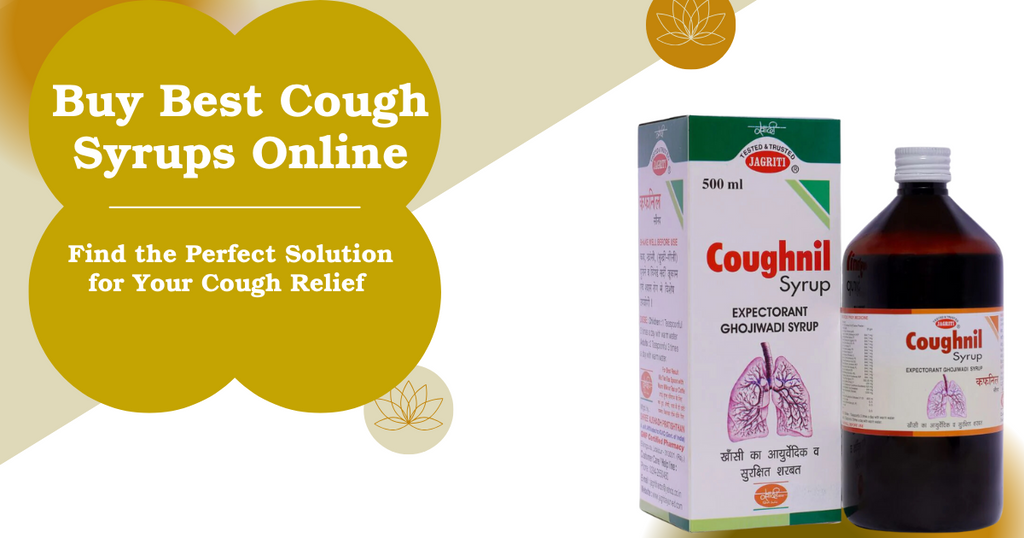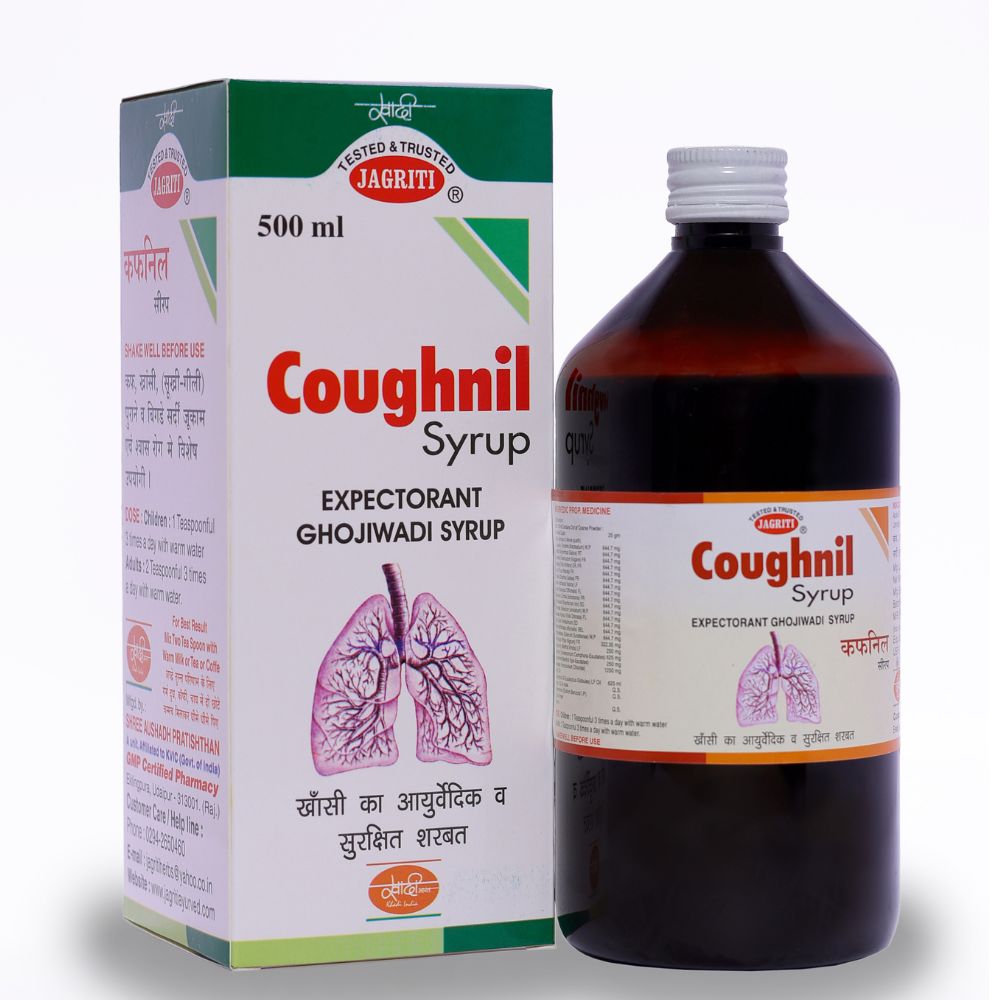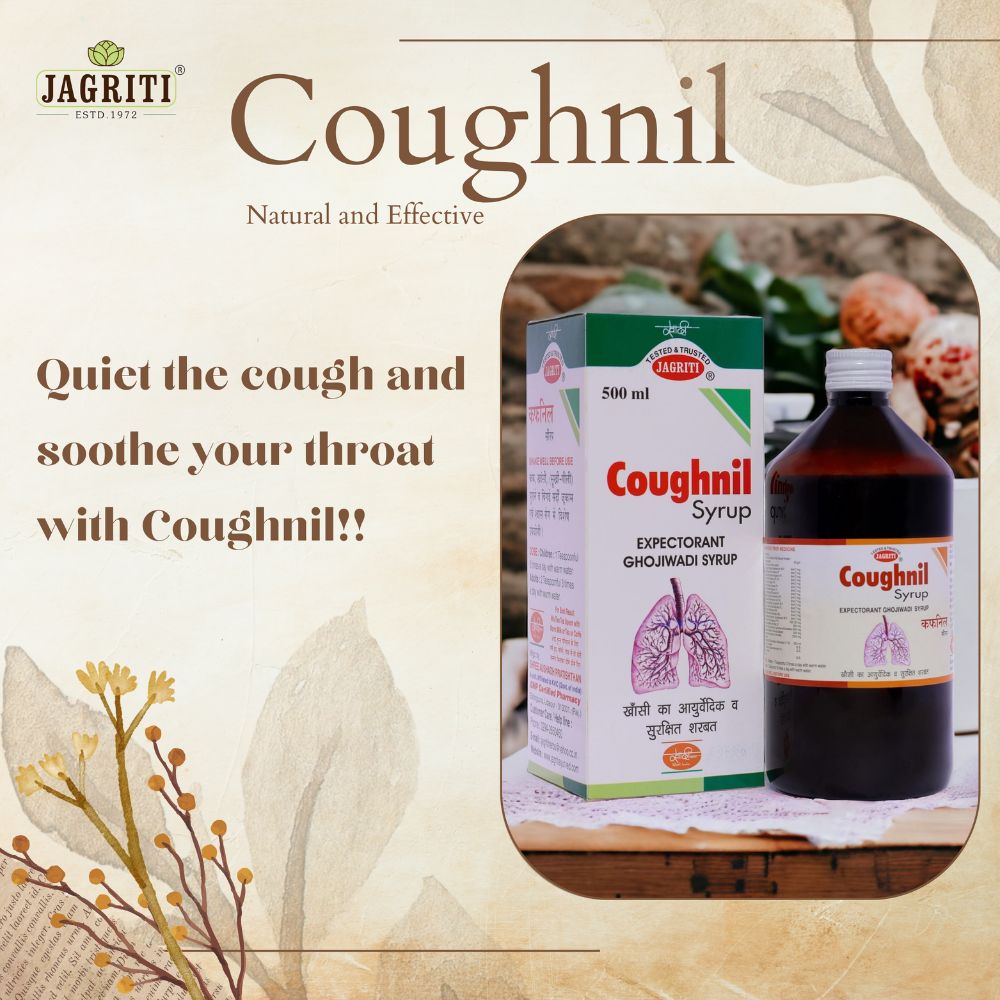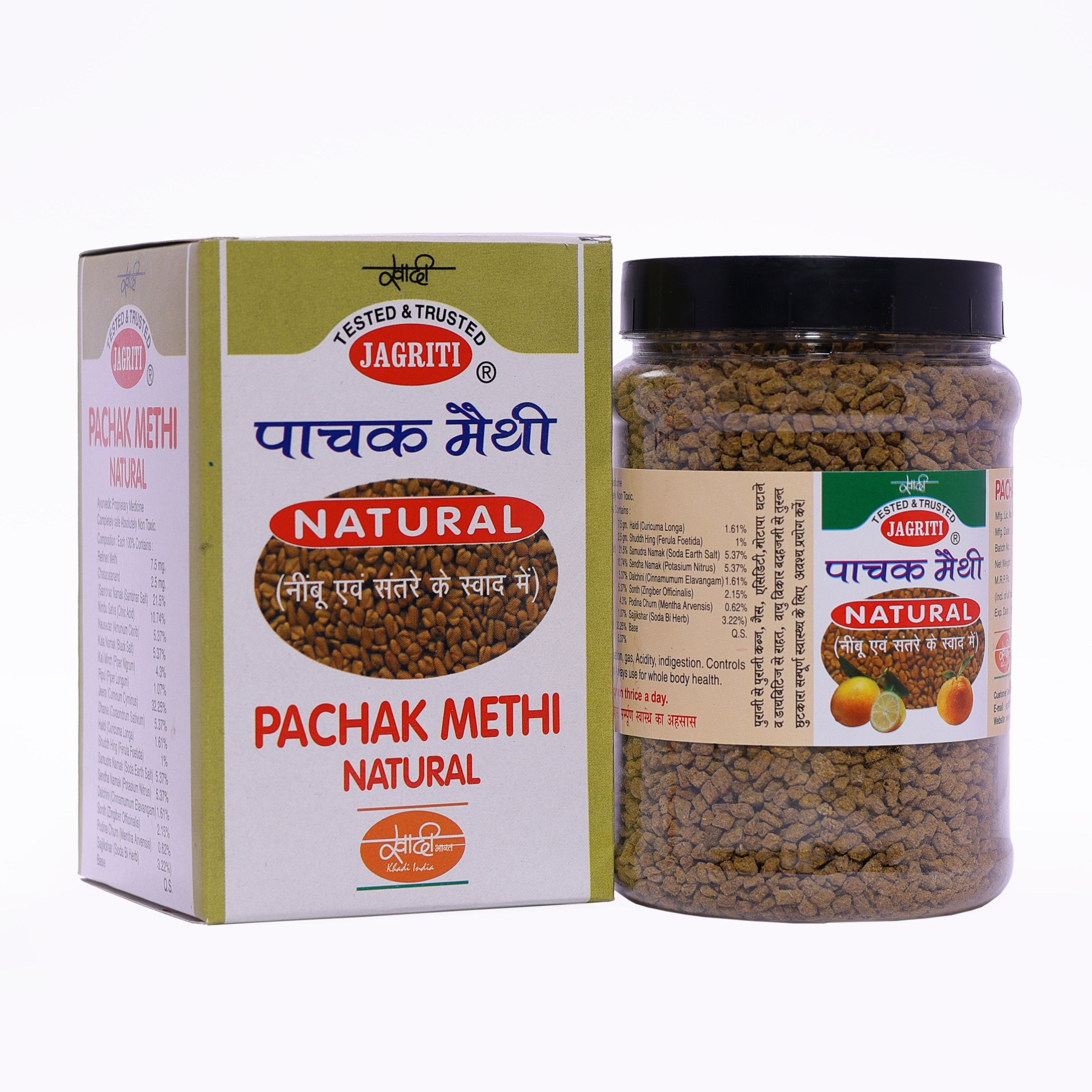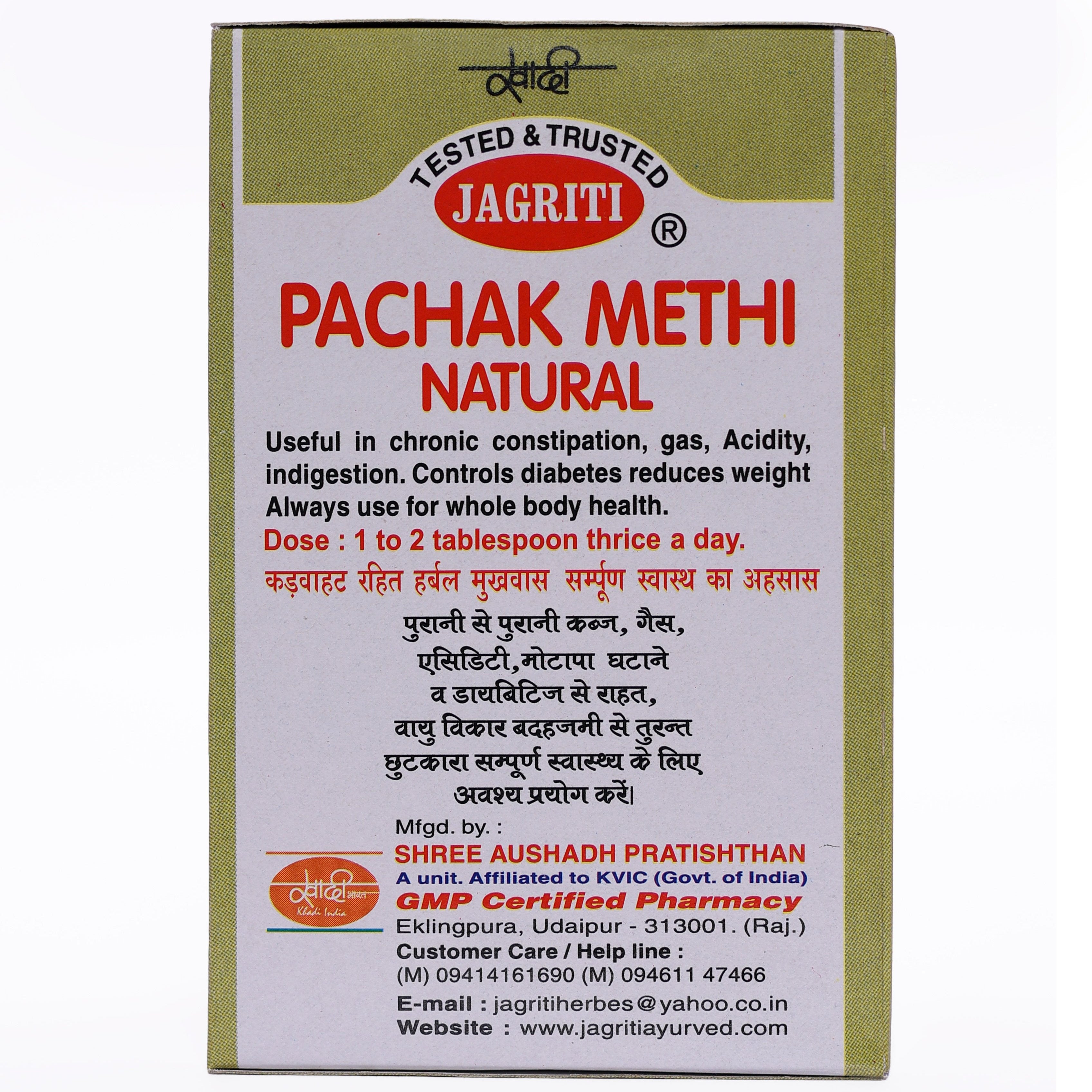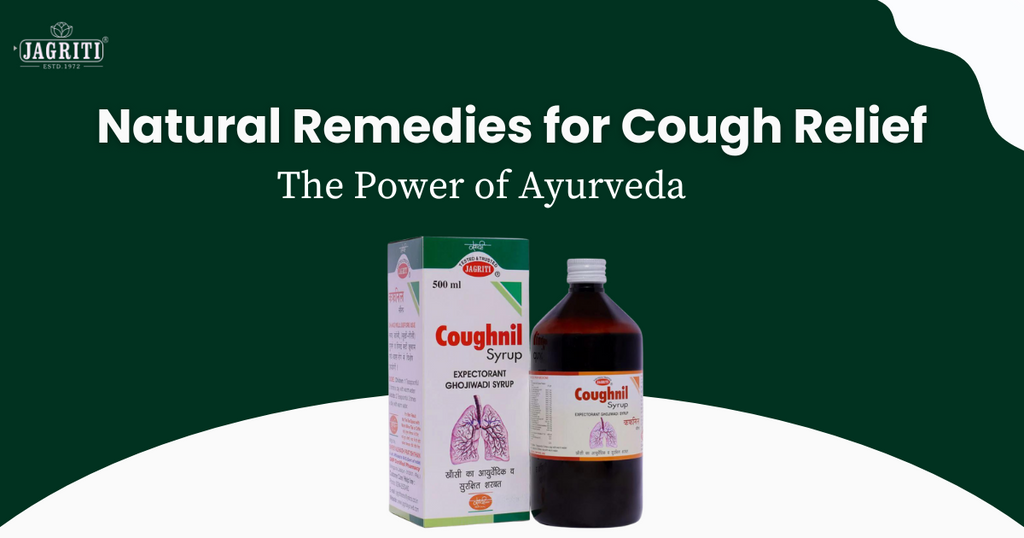
Natural Remedies for Cough Relief: The Power of Ayurveda

Coughing is an instinctive action that aids in removing substances that may irritate the throat and the respiratory system. However, when the pain starts to become chronic, then it can prove to be very irritating to the person’s everyday existence. Luckily, in Ayurveda, there are numerous herbal medicines for cough and to support the respiratory system. These remedies are formulated on ages of knowledge; they combine ingredients that have been tried for centuries. In this blog, we will talk about Ayurveda cough remedies and primarily about traditional remedies, which people have been using for centuries to address cough and restore normal breathing.
Understanding Cough in Ayurveda
According to Ayurveda, knowledge of Indian origins, cough is a form of the disease, which develops as a result of disturbances in the body’s doshas, most often Kapha and Vata. Cough is a manifestation brought about by an imbalance in these doshas, which results in the formation of mucus, dryness or irritation to the respiratory system. Ayurvedic treatments have a notion to balance the doshas by applying natural treatments both for managing the signs and symptoms of cough as well as the causes.
Types of Cough in Ayurveda
Before diving into specific remedies, it’s essential to understand that Ayurveda classifies coughs into different types based on dosha imbalances.
- Vata-Type Cough: A scalp and rigorously dry paroxysmal cough, especially at night or on arising; hoarseness; chest pains.
- Pitta-Type Cough: It has a burning feeling in the chest, yellow discharge, fever and a sour taste in the mouth.
- Kapha-Type Cough: Formed by a cough involving the production of thick and tenacious sputum together with substernal chest oppression.
Thus, Ayurvedic treatments involve minor changes in the dysregulated balances using particular herbs along with certain dietary plans.

Ayurvedic Remedies for Cough Relief
1. Tulsi (Holy Basil)
A herb held in high esteem in the Indian system of herbal medicine, Tulsi is helpful in curing cough, that is a respiratory ailment. It has antiviral, antibacterial and anti-inflammatory effects and is specifically useful in soothing the respiratory tract.
How to Use Tulsi for Cough Relief:
- Take fresh tulsi leaves, any fifteen-twenty of them, and boil them in water.
- For additional improvement, you could incorporate honey as well as ginger into your diet plan.
- To achieve a good outcome, it is recommended that this herbal tea be taken in the morning and evening.
2. Amla (Indian Gooseberry)
Amla is blessed with vitamin C and antioxidants; hence, it is used as a remedy for increased immunity and respiratory organ disorders. Amla, when taken on a daily basis, helps build up the lungs and helps one effectively deal with coughs and common colds.
Ayurvedic Uses of Amla:
- Take fresh amla juice with honey for treatment.
- When taken in warm water or your favorite herbal teas, amla powder is known to have many benefits.
Amla is also used extensively in Jagriti Ayurveda’s cough relief range of products due to its general body benefits, especially to the respiratory systems.
3. Liquorice Root (Mulethi)
The liquorice root is among the most effective herbs that are used in the Ayurvedic medication for the sore throat and cough. It is effective in providing relief from congestion and cough as it has properties that function to decrease the thickness of mucus and assist in bringing up phlegm.
Natural Expectorants Using Liquorice:
- Boil the liquorice root powder together with water to prepare tea.
- For taste and even more significant calming properties, add honey to the mixture.
4. Ginger (Adrak)
Ginger is quite famous for its anti-inflammatory nature and for helping people to breathe through nostrils. It is especially helpful in curing a Vata-type cough characterized by dryness and irritation of the throat.
Ayurvedic Remedies for Dry Cough:
- Ready ginger tea involves boiling of fresh ginger slices in water.
- For extra health benefits, add lemon and honey, which are well-known immunity boosters.
Besides, this remedy helps with coughing and also addresses the issue of loss of appetite, which is common to everyone when sick.
5. Turmeric (Haldi)
Curcumin is the principle ingredient of turmeric and is widely used in Ayurvedic medicine due to its anti-inflammatory and anti-bacterial effects. Because of the anti-inflammatory property of this spice, turmeric is effective for the treatment of cough since it has the ability to reduce inflammation on the throat and respiratory system.
How to Use Turmeric for Cough Relief:
- Take one teaspoon of turmeric powder and it should be stirred in a mug filled with warm milk.
- Take this golden milk once or twice in a day for getting rid of cough and for improving lung function.
6. Pippali (long pepper)
In Ayurvedic preparations for cough syrups and respiratory disorders, pippali provides the main flavor. It assists in expelling the mucus and is especially used in treating the Kapha-induced coughs that are accompanied by an overproduction of phlegm.
Ayurvedic Cough Treatment with Pippali:
- For its use, mix pippali powder with honey.
- Consume this mixture once daily in order to help with coughing and support the respiratory system.
Benefits of Ayurvedic Cough Remedies
Ayurvedic cough treatments offer numerous benefits, especially when compared to conventional treatments.
- Natural and holistic: According to the Ayurvedic treatments, the treatments and the remedies are focused on the natural factors and one has to address the main cause of the cough rather than the cough itself.
- Strengthens Immunity: Some of the herbs present in Ayurveda, like Amla and Tulsi, have immunomodulatoryproperties,s thereby avoiding constant infections.
- Few Side Effects: Since these remedies involve the use of natural herbs, therefore they are relatively safe with few side effects and hence can be taken for years.

Ayurvedic Home Remedies for Cough
If you’re looking for quick and easy Ayurvedic home remedies for cough, here are a few that can be prepared with ingredients commonly found in your kitchen:
1. Honey and Ginger Juice
An old wives’ tale for cough, honey is used to provide relief to the throat while ginger is useful in reducing inflammation.
Recipe:
- Take fresh ginger and squeeze the juice and add a tablespoon of honey to the ginger juice.
- Drink this mixture 2-3 times a day in order to reduce cough and throat problems.
2. Steam Inhalation with Eucalyptus Oil
Steam inhalation is one of the home treatments for chest congestion and annoying coughing. Another thing that can be done to enhance the clearing of the nasal passage is by incorporating eucalyptus oil.
Method:
- Coil water and place it in a basin.
- Also, mix a few drops of eucalyptus oil in water.
- Place a towel over your head and bowl and sit down, take steam for 5-10 minutes.
3. Golden Milk (Haldi Doodh)
Drinking warm turmeric milk is a traditional Ayurvedic healing technique that may help to cure colds and coughs and improve all-around health. Turmeric has anti-inflammatory effects, which can help to ease throat pain as well as a cough.
Jagriti Ayurved Cough Relief Products
At Jagriti Ayurved, we have continued this journey of Ayurveda with the products that are made with a lot of efforts and hard work. First, we have Coughnil Cough Syrup, which is used to give fast relief of coughs, chest congestionand sore throats. Coughnil is a perfect remedy made from the combination of some natural ingredients, which will free you from annoying coughs and unpleasant sensations, enabling you to return to an active life.
Coughnil Cough Syrup is a perfect remedy for cough, which sincerely doesn’t respond to other treatments or for that sudden help when you need it. These products not only act as expectorants but also enhance the well-being of one's respiratory system.
Ayurvedic Tips for Preventing Cough
Prevention is better than cure, and Ayurveda offers some simple lifestyle tips to keep respiratory issues at bay:
- Stay Warm: Do not go outside when it is cold, especially during the winter season.
- Drink Warm Water: The throat and the respiratory health are also benefited from the regular intake of warm water for instance, every morning.
- Consume a Balanced Diet: Inclusion of some spices like ginger, turmeric, and black pepper in your daily meals shall also help in boosting up the immune system.
- Practice Pranayama (breathing exercises): Proper exercise on the lungs ensures that the lungs' functions, such as respiration, are not affected by diseases such as respiratory infections.
FAQs
Q- 1. Can Ayurvedic remedies be used for chronic cough?
Ans-Yes, the following are the ayurvedic treatments for chronic cough. Some of the examples of ayurvedic herbs that are used effectively for a prolonged time for coughs without any side effects include mulethi, pippali and tulsi.
Q- 2. Is Ayurvedic cough relief safe for children?
Ans- Yes, honey and ginger are good for kids and are some of the Ayurvedic medications for children. But it is always advisable to consult an Ayurvedic doctor for dosage, particularly for children.
Q- 3. How soon can I expect results from Ayurvedic remedies for cough?
Ans- The functioning of Ayurvedic treatments usually doesn’t show optimum results in less than a few days. In chronic diseases, long-term use for several weeks is advised.
Q- 4. Are there any side effects of using cough and cold remedies?
Ans- Most cough syrups available in the market derived from Jagriti Ayurveda are normally safe to use as far as they have no side effects and are natural preparations. Nonetheless, it is still important to stick to the prescribed amount as to ingested supplements.
Q-5. How can I enhance the effectiveness of Ayurvedic treatments for cough?
Ans- The Ayurvedic treatments, if accompanied by changes in dietary habits including warm water intake, steam inhalation, and proper diet, result in a positive outcome.





